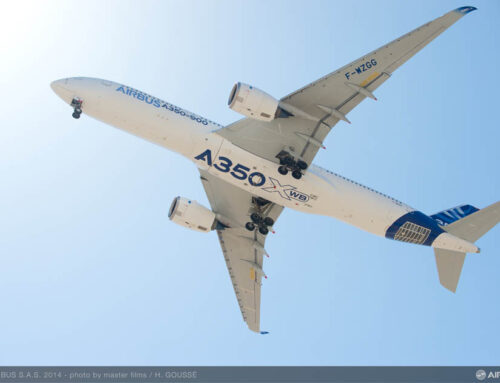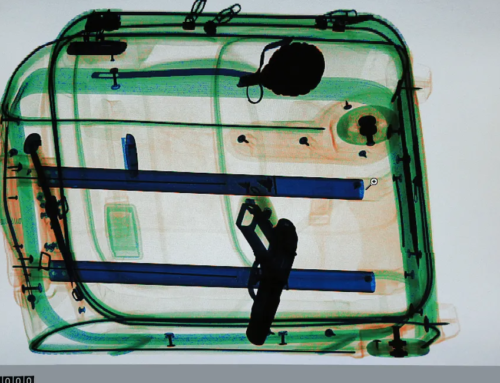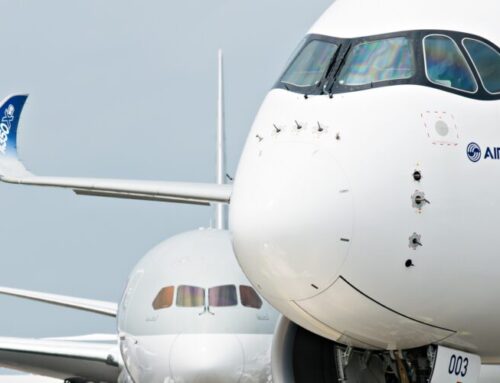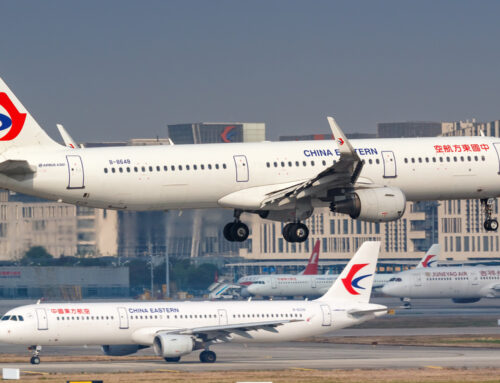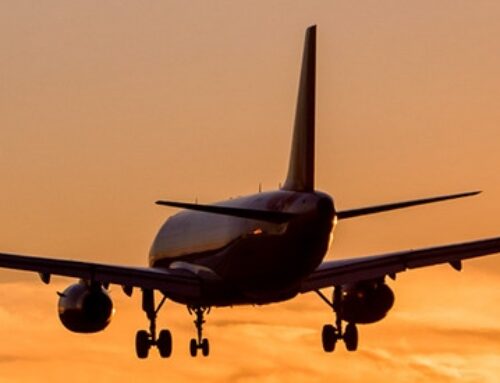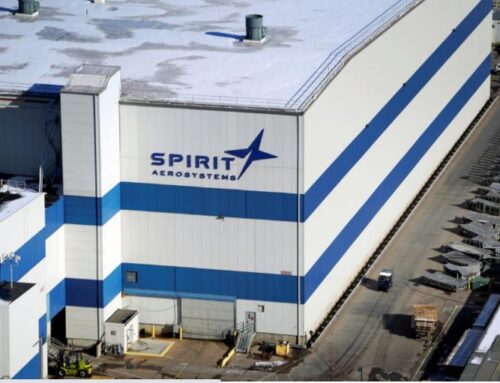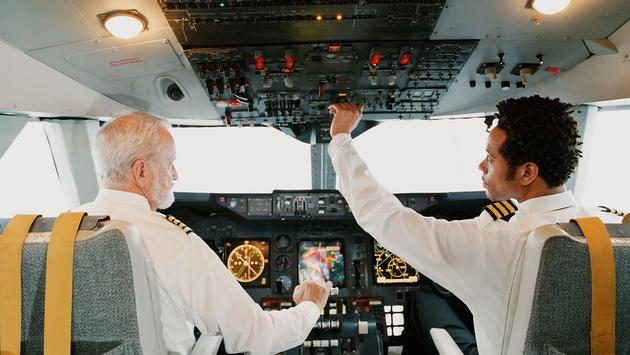
The Federal Aviation Administration (FAA) is cautioning pilots about the increasing threat of GPS spoofing, advising them to familiarize themselves with traditional navigational tools. GPS spoofing, a sophisticated form of interference, involves broadcasting false navigation signals to disrupt aircraft’s navigation systems, leading to potential off-course flights and endangering safety.
With the frequency of such incidents on the rise, the FAA’s recent Safety Alert for Operators emphasizes the importance for flight crews to vigilantly monitor their equipment, report any anomalies to air traffic control, and be prepared to navigate without reliance on digital satellite systems. The alert highlights the crucial distinction between simple interference or jamming, which blocks signals, and spoofing, which replaces real data with false information, corrupting flight systems.
The aerospace community has observed a worrying spike in GPS/GNSS disruptions, notably in conflict zones or areas with military activities, where such tactics are sometimes used against drones or as part of broader defense strategies. According to the European Business Aircraft Association, GNSS outages surged to 49,605 incidents in 2022, a significant increase from the previous year’s 10,843.
These disruptions not only pose risks to military and commercial flights but also complicate air traffic management by affecting ground-based infrastructures reliant on GPS/GNSS data. Pilots may lose situational awareness, face increased workload, or even inadvertently enter restricted airspace due to spoofed data affecting various flight systems including the aircraft’s terrain avoidance warnings, navigational maps, and Automatic Dependent Surveillance-Broadcast systems.
In response, the FAA advises flight operators to check Notices to Air Missions and plan for potential deviations by ensuring sufficient fuel reserves. Pilots are encouraged to review conventional arrival and approach procedures as alternatives to GPS-dependent systems, especially in known areas of interference.
This advisory comes amid growing concerns over the accessibility of spoofing technology, which has become increasingly available to individuals beyond state actors, with low-cost equipment now capable of executing such attacks. The aerospace industry, including companies like Safran, is actively working on solutions to bolster the resilience of navigation systems against these threats, reflecting a collective effort to safeguard civil aviation from evolving technological risks.
Sources: AirGuide Business airguide.info, bing.com, FAA.gov, forbes.com

